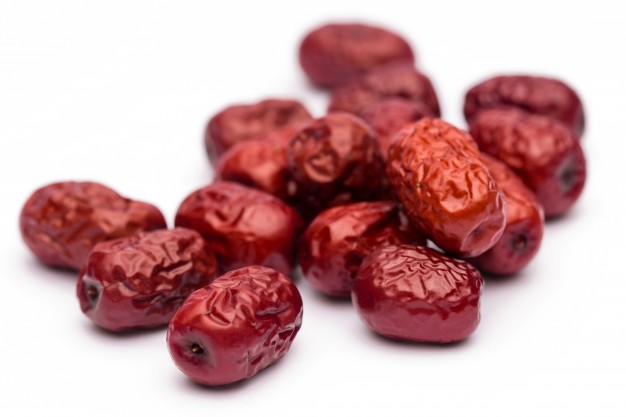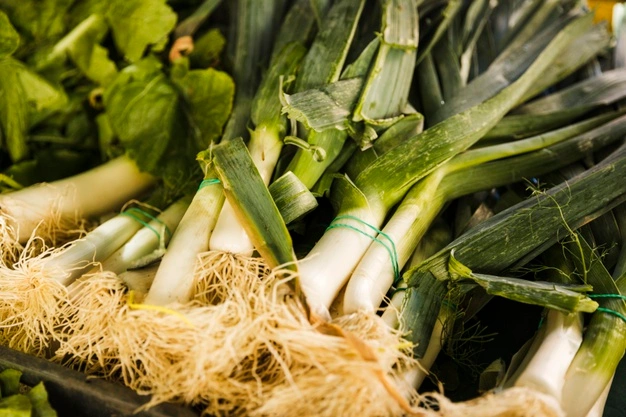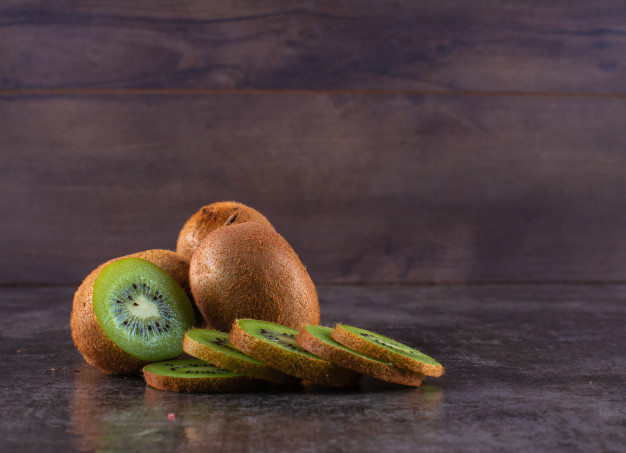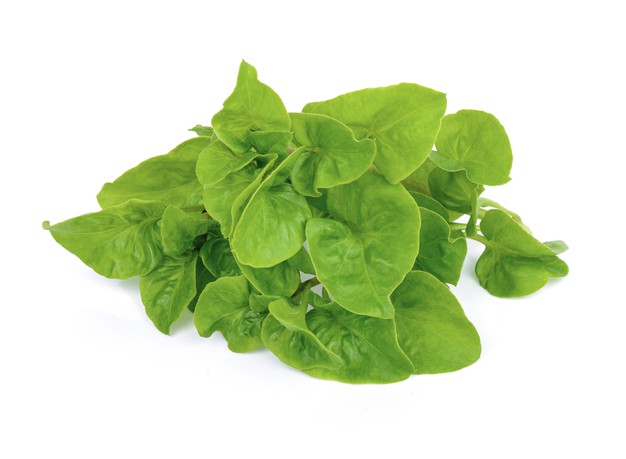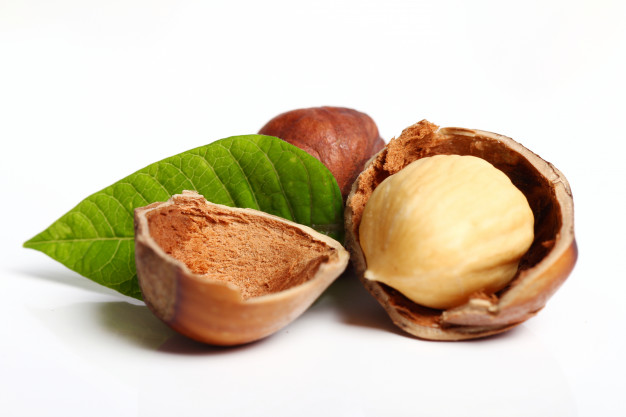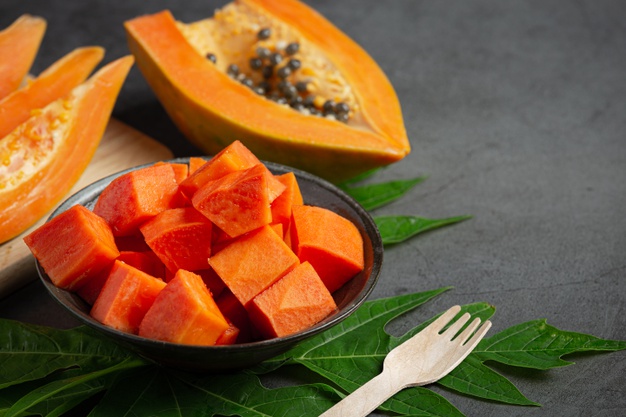Jujube is a small, nutrient dense fruit belongs to Rhamnaceae family. It is native to Europe, Eastern Asia, Southern Asia and China and offers numerous health benefits.
Nutritional profile
- It contains lesser amount of carbohydrate and protein
- It contains fibre as well
- It contains negligible amount of fat
- It is composed of various important micronutrients like Vitamin B1, B2, Vitamin C, calcium, potassium, iron, zinc, magnesium, manganese, copper and sodium
- It also contains numerous phytonutrients
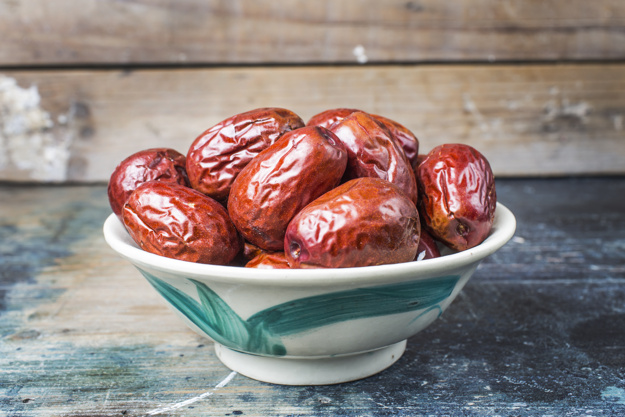
Biological activity
Antioxidant activity
- Its micronutrient contents especially vitamin C content is responsible for exerting antioxidant activity
- It helps to decrease the concentration of free radicals and reactive oxygen species in body thus prevents oxidative damages
- Another important component of jujube is betulinic acid, which plays vital role in increasing the level of glutathione that is also related with reducing oxidative stress as a result it helps to decrease the susceptibility of developing chronic diseases
- It also helps to protect the body from the harmful effects of lipid peroxidation
Detoxifying activity
- It is consisting of alkaloids as well as saponins that play significant role in detoxifying blood
- It is very beneficial for stimulating the process of toxin elimination thus its consumption is believed to be extremely helpful for protecting the body from several blood related diseases

Hypotensive activity
- It exerts potent hypotensive activity thus it is extensively used as an imperative remedial action for hypertension
- It helps to regulate the level of nitric oxide in body that plays imperative role in decreasing high blood pressure
- It helps in vasodilation, which is also related with maintaining blood pressure
- It contains lesser amount of sodium whereas it is significantly rich in potassium. This proportion of sodium and potassium makes it an important hypotensive substance
- Potassium component of jujube is also associated with relaxing the blood vessels, which ultimately helps in smooth blood flow that reduces high blood pressure
Anti-carcinogenic activity
- Its polyunsaturated fatty acid contents like palmitoleic acid, linoleic acid, oleic acid etc show anti-carcinogenic activity. It is also composed of several triterpenic acids such as alphitolic acid, betulinic acid, ceanothic acid, ceanothenic, zizyberanal, epiceanothic, oleanolic and zizyberanalic acid, which are also responsible for exerting anti-carcinogenic activity
- It is closely related with showing cytotoxic effects that significantly reduce the prevalence of carcinoma
- It helps to suppress the growth of malignant cell by modulating apoptotic process
Anti-inflammatory activity

- Betulinic acid component of jujube exhibits strong anti-inflammatory activity, which is associated with preventing inflammation, swelling and pain
- It plays significant role in decreasing the concentration of inflammatory mediators in body, which are considered as one of the most important causative factors of inflammation
Antimicrobial activity
- It shows antimicrobial activity too that helps to prevent the growth and reproduction of microbes especially disease causing microbes within host thus its consumption is thought to be very much helpful for decreasing the prevalence of infectious or communicable diseases
- It has seen that jujube is very effective for inhibiting the growth of Escherichia coli as well as Staphylococcus aureus
Anti-allergic activity
- It exerts anti-histaminic activity that helps to prevent allergic reaction in body
- It is related with stabilizing mast cell too, which modulates immune properties
- It is very effective for preventing anaphylaxis of allergic rhinitis
Health benefits
Role on digestive health
- It has been traditionally used as an important preventive measure for various digestive disorders
- It helps in digestion as well as absorption of nutrients. It is also associated with improving the functionality of AMPK enzyme that helps in cellular energy homeostasis
- Its fibre content makes it an effective laxative thus its consumption helps in improving bowel movement that promotes regularity and prevents constipation
- It is related with improving the intestinal barrier functions thus plays significant role in preventing inflammatory bowel disease
- Its pectin content also exerts anti-diarrheal activity

Role on nervous system
- It imparts strong neuroprotective activities
- It is also associated with regulating the action of various neurotransmitters and stress hormones
- Its flavonoid components are responsible for protecting neurons from oxidative damages thus decreases the prevalence of neurological disorders
- It also helps to improve memory and learning skills
Role on skeletal health
- It contains various trace elements that are essential for healthy bone formation like calcium, phosphorus, magnesium, copper, manganese and potassium
- It helps to provide strength to bones and also enhances bone mineral density thus individuals especially elder individuals should consume jujube for preventing their bone loss
- Its anti-inflammatory activity is also very useful for improving the symptom of osteoporosis
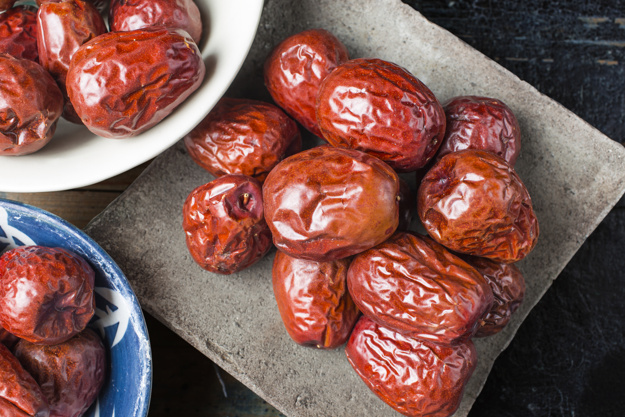
Role on circulation
- Its iron content and vasodilatory activity is responsible for improving blood circulation
- It helps to promote the supply of various essential biological substances throughout the body

Role on skin
- It helps to prevent ageing
- It is also very effective for preventing pigmentation, wrinkle and melanin deposition
- Its Vitamin C content also helps to improve skin elasticity by stimulating the production of collagen
Therapeutic uses
It has been traditionally used as an important therapeutic agent for preventing various diseases, which include –
Insomnia
- It has been used for centuries especially in Chinese medicine for preventing insomnia as it has potent sedative activity
- Its polysaccharide and flavonoid components are accountable for providing a soothing effect on nervous system that ultimately promotes sleeping
Anxiety
- Anxiety is a very common mental disorder, which is characterized by fear or worry or apprehension. Consumption of jujube is very much useful for preventing anxiety disorder as it helps to sooth anxiety
- It is associated with providing a relaxed and calm sensation to the mind as well as to the body that helps to provide quick relief from anxiety
Anemia
- Its iron content plays vital role in reducing the risk of developing iron deficiency anemia
- It helps to promote the synthesis of hemoglobin and also helps in the production of mature RBC, which ultimately promotes circulation thus individuals who suffer from anemia or who are at risk condition should include jujube in their diet

Cough
- It is widely used as an effective remedial action for preventing normal cough
- It contains an important enzyme named bromelain, which plays vital role in reducing mucus as well as phlegm thus helps to clear the respiratory pathway and sinus cavities hence relieves cough more effectively
Obesity
- Its protein and fibre contents are responsible for facilitating weight reduction
- On the other hand, being a low calorie food it can be easily included in the diet of an obes individual as it does not add too much calories to the diet
- It has seen that its consumption significantly decreases belly fat
Culinary uses
- It can be used for preparing soup and puree
- It can also be consumed as snack
- It can be consumed with coffee as well whereas it can also be consumed as cold jujube beverage
- It can be used for preparing candies too
- It can also used for preparing sweetened tea syrup
Risk factors
As it is high in fibre thus its excessive consumption may develop various digestive disorders thus it is better to consume jujube in moderation.
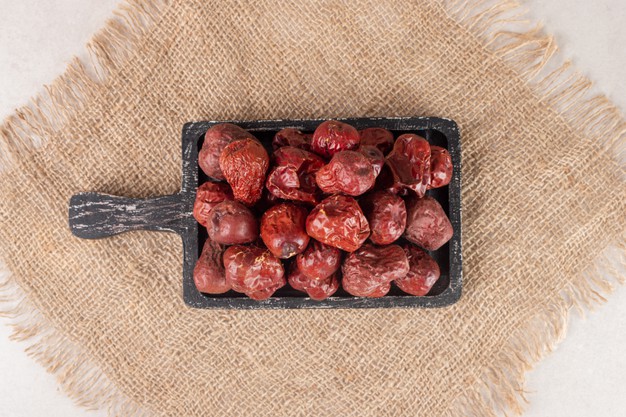

Source:
Abdoul-Azize, S., 2016. Potential benefits of jujube (Zizyphus lotus L.) bioactive compounds for nutrition and health. Journal of nutrition and metabolism, 2016.
Chen, J., Liu, X., Li, Z., Qi, A., Yao, P., Zhou, Z., Dong, T.T. and Tsim, K.W., 2017. A review of dietary Ziziphus jujuba fruit (Jujube): developing health food supplements for brain protection. Evidence-Based Complementary and Alternative Medicine, 2017.
Mattresses, B. and PM, T.S.D., Jujube for sleep and health.
Miri, M.S., 2018. Cultivation, chemical compositions and health benefits of jujube (Ziziphus jujuba Mill.). In Ist National Congress and International Fair of Medicinal Plants and Strategies for Persian Medicine that Affect Diabetes. Mashhad, Iran.
Rashwan, A.K., Karim, N., Shishir, M.R.I., Bao, T., Lu, Y. and Chen, W., 2020. Jujube fruit: A potential nutritious fruit for the development of functional food products. Journal of Functional Foods, 75, p.104205.
Sarkar, S. and Jyoshna, E., 2020. Indian Jujube: A Lesser Explored, Underutilized and Potential Fruit for Processing With Possible Health Benefits. Biotica Research Today, 2(11), pp.1183-1185.
Shahrajabian, M.H., Khoshkharam, M., Zandi, P., Sun, W. and Cheng, Q., 2019. Jujube, a super-fruit in traditional Chinese medicine, heading for modern pharmacological science. Journal of Medicinal Plants Studies, 7(4), pp.173-178.
Wang, M., Gao, Q.H., Shen, J., Wang, X.Q. and Ji, X.L., 2016. The jujube (Ziziphus jujuba Mill.) fruit: a review of current knowledge of fruit composition and health benefits. Chinese Dates, pp.53-82.
